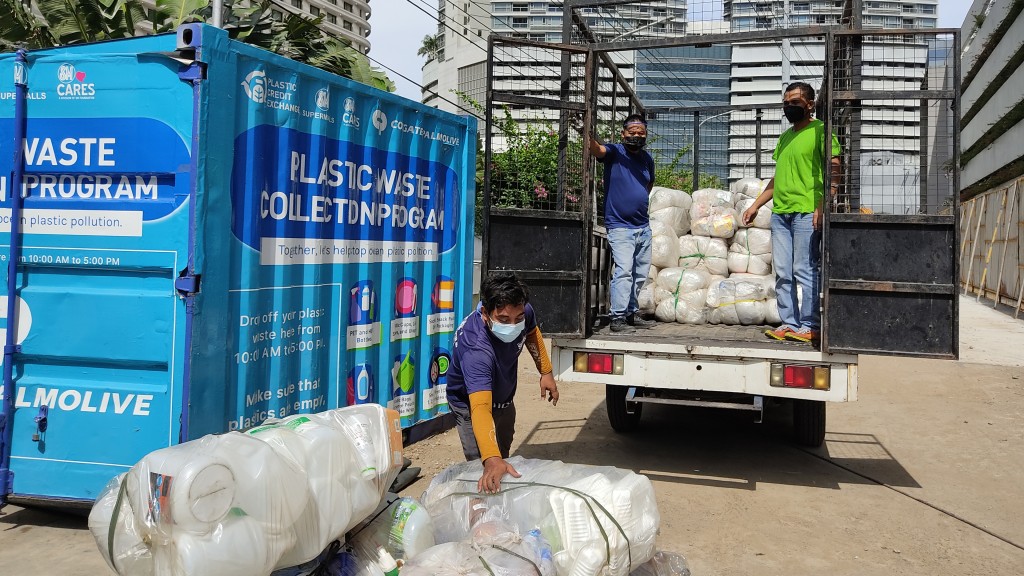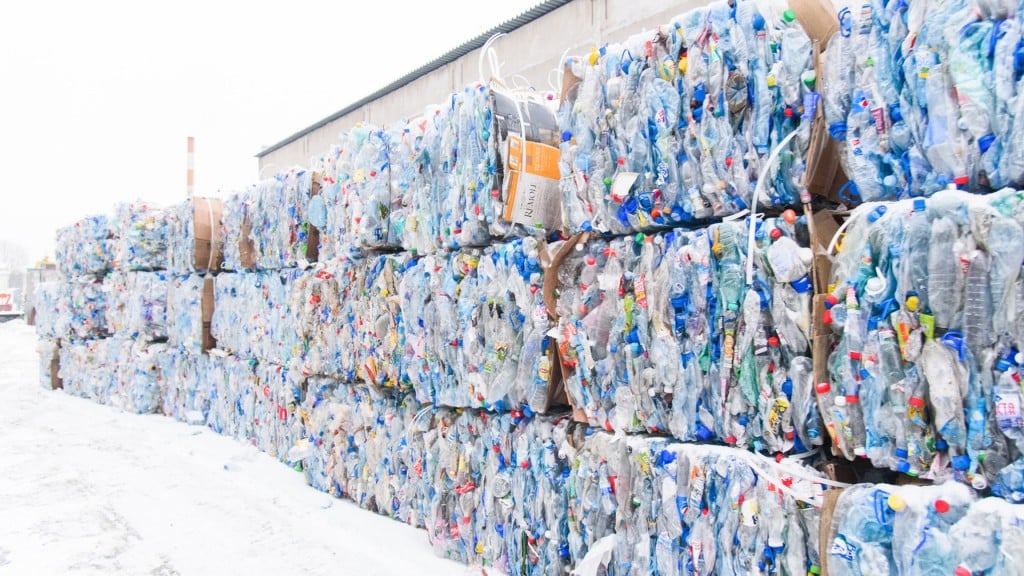
Plastic Credit Exchange (PCX), a platform whereby businesses can purchase credits to offset their plastic footprint, has launched in the U.S.. Started in 2019 in the Phillipines, PCX says it is expanding its global network of plastic-neutral partners, which now includes Herb + Flora, Peanut Butter & Co. and Touchland Hand Sanitizer. These U.S.-based firms are the latest to join multinational partners including PepsiCo Philippines, Nestlé Philippines and Colgate-Palmolive Philippines, to commit to offsetting their plastic footprint while feeding a circular economy.
According to PCX, with the U.S. generating more plastic waste than any other country in the world, and more than half of that waste exported overseas, it has made developing countries, such as the Phillipines, the epicentre of the global crisis. PCX's plastic offset program is meant to keep plastic out of nature while providing economic opportunities to partners who collect plastic waste from their neighbourhoods in some of the most polluted areas in the world.
"The Philippines is ranked 3rd for ocean plastic pollution. It is at the epicentre of the crisis partly because it is a low-income community that lacks the systems and infrastructure to manage waste, but also because many Asian countries have become dumping grounds of waste exported from developed countries," said Nanette Medved-Po, founder of PCX. "Our expansion to the U.S. gives more businesses an opportunity to stop the flow of damage being done by plastic waste in countries hit worst by the crisis. At PCX, we view plastic offsetting as only one part of what should be a comprehensive solution set for businesses to take responsibility for their plastic waste, but not as an excuse to pollute."
Under the PCX program, business partners can purchase credits to offset their plastic footprint. PCX then works with a wide ecosystem of partners around the world to facilitate the recovery, transportation, and processing of post-consumer plastic waste. Brand partners who pledge to neutrality, and become certified through a third-party audit, may utilize PCX's eco-labeling to signal that their products are part of the responsible consumption movement. Partners who have achieved plastic neutrality include Peanut Butter & Co., PepsiCo Philippines, Colgate-Palmolive Philippines, and more.
"We're very excited to be able to take direct responsibility for the impact our product packaging has on the environment and take positive action toward reducing pollution at the same time," says Peanut Butter & Co Founder & CEO Lee Zalben. "It's not just the right thing to do, it's good business, too. We know our customers care about this issue, and having Plastic Credit Exchange certify our brand as plastic neutral provides clarity and transparency around our efforts in this area."
During the process, PCX works with local partners on the frontlines of the plastic pollution crisis, prioritizing women micro-entrepreneurs in vulnerable communities, who manage waste-to-cash systems and collect plastic waste from neighborhoods, landfills, and oceans. PCX channels this plastic to the most environmentally preferred processors available. The entire process — from aggregation to diversion and elimination — is verified by third party auditors including Ernst & Young and PwC. To ensure full accountability, transparency and traceability, all credits and offsets are registered in PCX's public blockchain ledger built and powered by technology partner Microsoft.



